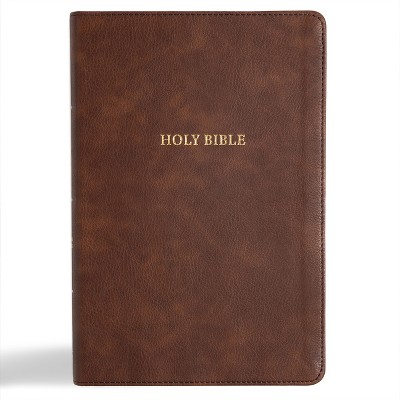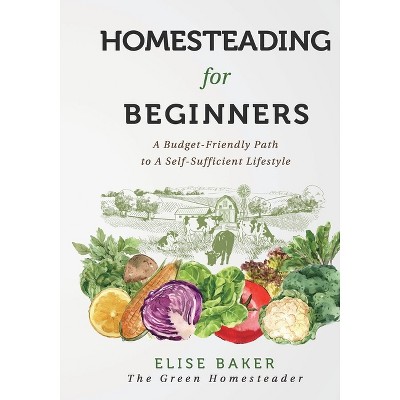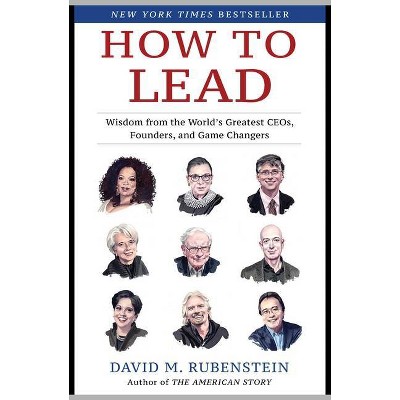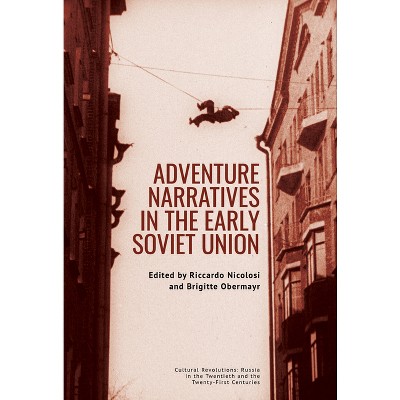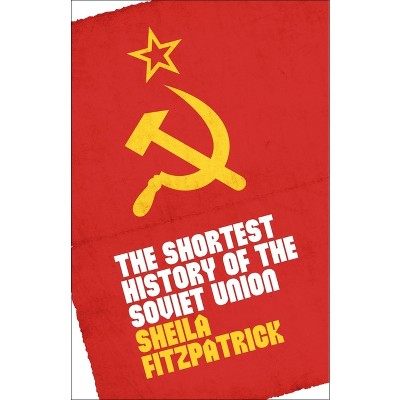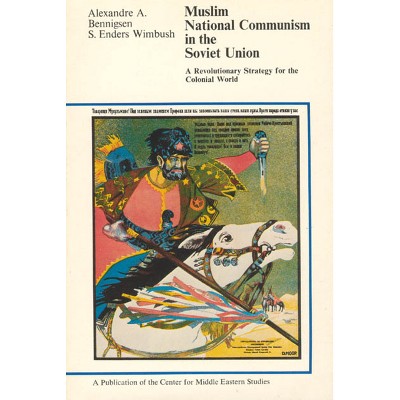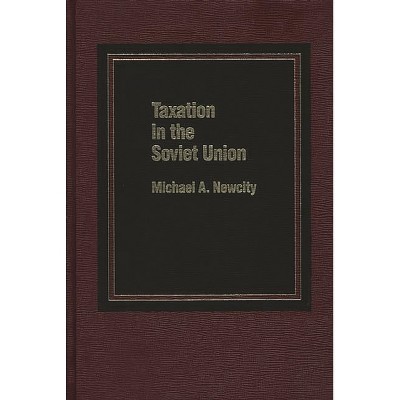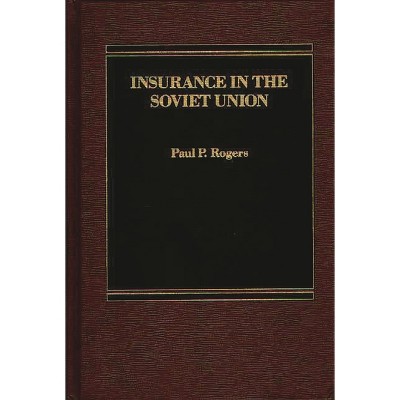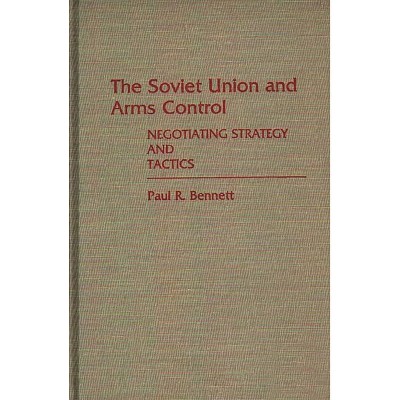Sponsored

Islam in the Soviet Union - by Yaacov Ro'i (Hardcover)
In Stock
Sponsored
About this item
Highlights
- In the most detailed historical study of Islam under post-war Soviet communism yet published--and the first to be based largely on official Soviet archival material available only since the demise of the Soviet Union--Ro'i surveys all aspects of the Muslim faith that relate to the Soviet domestic scene.
- About the Author: Yaacov Ro'i is professor of history and fellow in the Cummings Center for Russian Studies at Tel Aviv University.
- 600 Pages
- Religion + Beliefs, Islam
Description
About the Book
In the most detailed historical study of Islam under post-war Soviet communism yet published--and the first to be based largely on official Soviet archival material available only since the demise of the Soviet Union--Ro'i demonstrates how and why Islam survived in the face of Soviet authority.
Book Synopsis
In the most detailed historical study of Islam under post-war Soviet communism yet published--and the first to be based largely on official Soviet archival material available only since the demise of the Soviet Union--Ro'i surveys all aspects of the Muslim faith that relate to the Soviet domestic scene. In the process, the author illuminates the often uneasy coexistence of government and religion, demonstrating how and why Islam survived in the face of Soviet authority.
Ro'i begins with background on the dimensions of the Islam, as well as Soviet policy and legislation as it pertained to religion, before moving into investigations of both Establishment Islam--the spiritual directorates, registered mosques and clergy--and unofficial "parallel" Islam, which manifested itself in the form of unregistered groups and clergy. The author also considers Islamic practice and the observation of fasts, festivals, and rites of passage. Finally, the author turns his attention to the political realm, exploring regime policy as it relates to different religions as well as the religion's relationship with local organs of government.Review Quotes
[In] this magnificent work... [Ro'i] is admirably sympathetic to the Muslim situation and able to place it within the general religious context of the USSR from the 1943-46 Stalin thaw to the late Khrushchev repression of 1958-64 and even the Gorbachev attempt to repress Islamic nationalism in 1986-87.--W.J. Parente, University of Scranton "Choice"
[T]his massive and meticulous history of Islam in the Soviet Union's postwar decades provides indispensable background.-- "Foreign Affairs"
Ambitious... concerns all aspects of Islam in the entire territory of the Soviet Union through four postwar decades.-- "Journal of Modern History"
About the Author
Yaacov Ro'i is professor of history and fellow in the Cummings Center for Russian Studies at Tel Aviv University. He has published widely on Soviet Central Asia, Soviet Middle East policy, and Soviet policy towards Jews.Shipping details
Return details
Frequently bought together
Trending Non-Fiction






